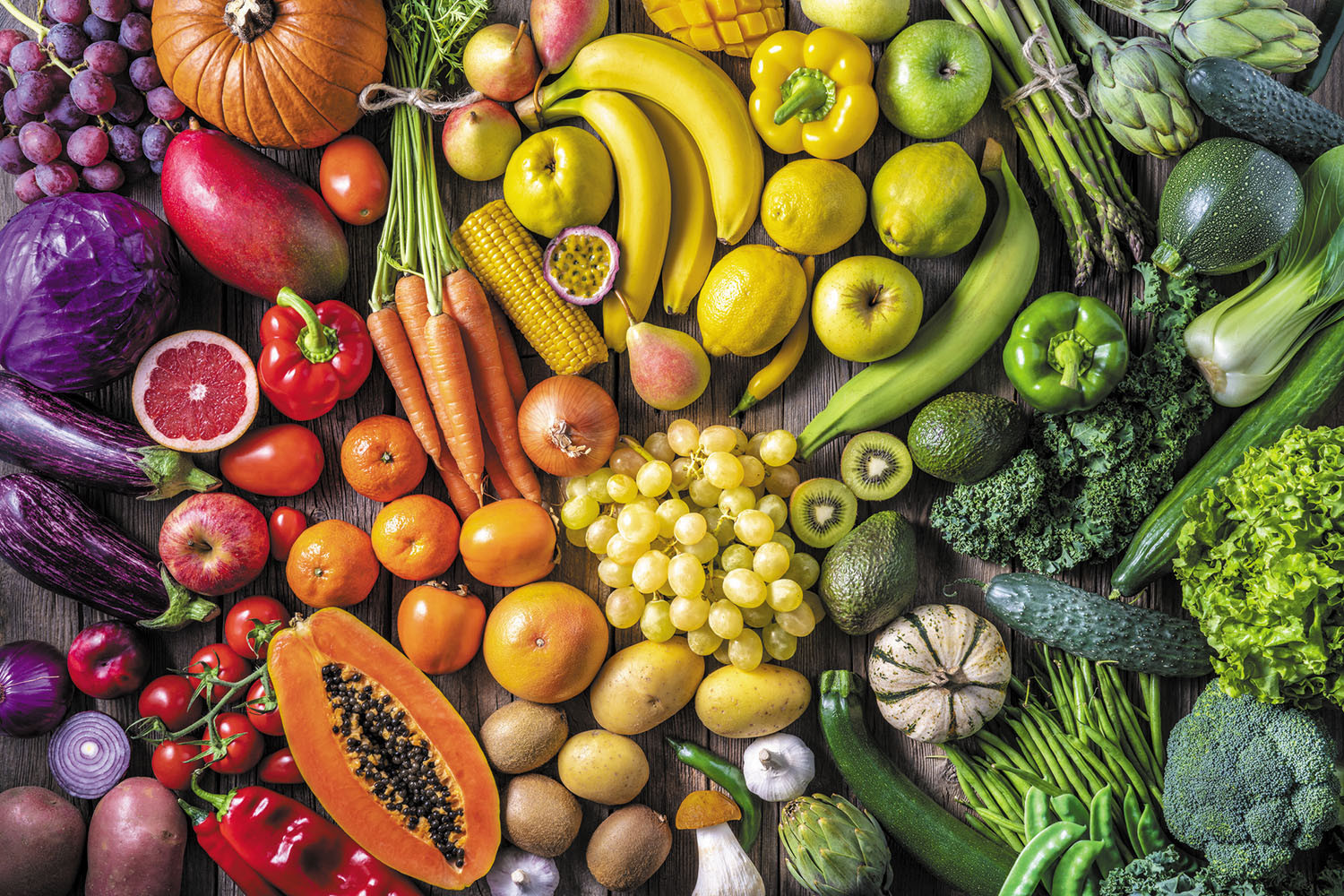Are Cholesterol Medications Harmful? Understanding the Risks and Natural Alternatives

Cholesterol-lowering medications, particularly statins, are widely prescribed to reduce the risk of heart disease and stroke. However, concerns have been raised about their potential side effects, including links to heart attacks, accelerated aging, and cognitive decline. While statins are effective for many people, it is crucial to understand their risks and explore natural alternatives that may help manage cholesterol levels.
Understanding Cholesterol Medications and Their Risks
Statins work by inhibiting an enzyme in the liver responsible for cholesterol production. By lowering low-density lipoprotein (LDL) cholesterol, also known as “bad” cholesterol, they significantly reduce the likelihood of cardiovascular events. Despite their effectiveness, some studies and anecdotal reports suggest that statins may have unintended side effects.
Potential Side Effects of Statins
- Muscle Pain and Weakness: One of the most common complaints among statin users is muscle pain, cramping, or weakness, which can impact daily activities.
- Cognitive Issues: Some individuals report memory loss or confusion. While research is inconclusive, the FDA acknowledges that statins may cause reversible cognitive side effects in rare cases.
- Increased Diabetes Risk: Statins may slightly increase blood sugar levels, leading to a higher risk of developing type 2 diabetes, particularly in individuals with prediabetes.
- Liver Damage: Though rare, statins can affect liver enzyme levels, necessitating periodic monitoring.
- Heart Issues: Some researchers speculate that statins may affect heart function, although no direct causal link has been established.
- Accelerated Aging: Statins may impact mitochondrial function, potentially contributing to fatigue and other signs of aging.
Given these concerns, some individuals seek natural dietary approaches to support heart health without medication.
Natural Alternatives to Manage Cholesterol
Certain foods have been shown to effectively lower LDL cholesterol and promote overall cardiovascular health. Incorporating these into a balanced diet may help reduce reliance on medication.
1. Oats and Barley
Whole grains like oats and barley are rich in soluble fiber, which helps remove cholesterol from the bloodstream. Regular consumption can lower LDL cholesterol by 5-10%.
2. Fatty Fish

Salmon, mackerel, and sardines contain omega-3 fatty acids, which improve heart health by reducing inflammation and raising high-density lipoprotein (HDL), or “good” cholesterol.
3. Nuts
Almonds, walnuts, and pistachios contain healthy fats and antioxidants that help lower cholesterol and reduce the risk of heart disease.
4. Fruits and Vegetables

Apples, citrus fruits, carrots, and leafy greens contain fiber and antioxidants that help maintain healthy cholesterol levels.
5. Legumes
Beans, lentils, and chickpeas provide fiber and plant-based protein that contribute to improved cholesterol profiles.
Conclusion
While cholesterol medications are beneficial for many individuals at risk of heart disease, concerns over potential side effects warrant exploration of natural dietary solutions. If you are considering alternatives, consult a healthcare professional to find a personalized approach that balances effectiveness and safety. A combination of medication, lifestyle changes, and a nutrient-rich diet may provide the best path toward heart health.

